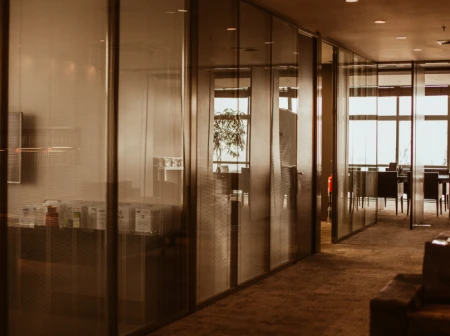Fonte: The Guardiam
Data: 11 de outubro de 2011
By Brad Haynes and Raymond Colitt
SAO PAULO/BRASILIA, Oct 11 (Reuters) – An overhaul of Brazil’s antitrust regulator has given the agency more authority and shorter deadlines, reducing uncertainty that has hung over merger activity in Latin America’s largest economy.
Brazil was the third hottest emerging market for mergers and acquisitions during the first three quarters of the year, with announced deals totaling $54.7 billion, according to data gathered by Thomson Reuters.
Under a bill passed by Congress last week, the agency known as Cade will issue prior rulings on mergers and acquisitions rather than forcing companies through the costly work of untangling operations years later.
And whereas buyers were once saddled with the entire cost of Cade’s penalties, lawyers say they expect both companies in a deal to share the balance of regulatory risks, reducing downsides that may have kept some bidders on the sidelines.
Investors have long complained that corporate takeovers face weak regulatory scrutiny in Brazil, while consumer groups say antitrust agencies have dragged their feet in cases where free competition is infringed.
Markets can expect swifter resolution of major mergers like Nestle’s purchase of chocolate maker Garoto, which was rejected after two years of review and has spent six years deadlocked in courts ever since.
Cade now has less than a year to decide on a case and companies will be less inclined to fight a ruling now that appeals will delay a merger’s cost savings.
Businesses are also likely to be more forthcoming with documents and informal consultations, analysts said, to help speed approval and move ahead with cost savings.
“Brazil now will have an antitrust agency with the size, importance and weight of its economy,” Cade President Fernando de Magalhaes Furlan told Reuters in an email.
POTENTIAL ROADBLOCK
However, some, including antitrust lawyer Cesar Amendolara, worry that the notoriously slow-moving Cade could hold up less controversial mid-sized mergers that until now have breezed along with joint operations ahead of the regulator’s approval.
“We already have a strong and active market for mergers and acquisitions, so we need to be careful not to take a step back,” said Amendolara, a partner with Velloza & Girotto Advogados Associados, in an interview with Reuters.
The new regulator will take on 200 new staff and acquire the powers previously vested in three separate government agencies in order to speed up its deliberations. The overhaul is to be completed in six months.
“Cade can now decide alone. It’s autonomous,” said Pedro Eugenio, the rapporteur of the bill in the lower house of Congress, in an interview with Reuters.
Lawyers say takeover negotiations in Brazil will now have to more closely consider antitrust laws from the outset.
“The sharing of risks is going to be discussed more. Currently the onus is on the buyer,” said Fabiola Cammarota, a partner at the Souza Cescon law firm overseeing antitrust law.
And the shorter time frame for regulatory decisions will help clear up doubts of the sort that weighed on shares of processed foods giant Brasil Foods for two years while regulators threatened to derail its founding merger.
Brasil Foods’ stock shot up more than 10 percent on the day regulators finally approved that takeover. [
(With reporting by Sergio Spagnuolo; Editing by Richard Chang) ((brad.c.haynes@thomsonreuters.com; +55 11 5644 7725; Reuters Messaging:brad.c.haynes.thomsonreuters.com@reuters.net)) Keywords: BRAZIL ANTITRUST/

